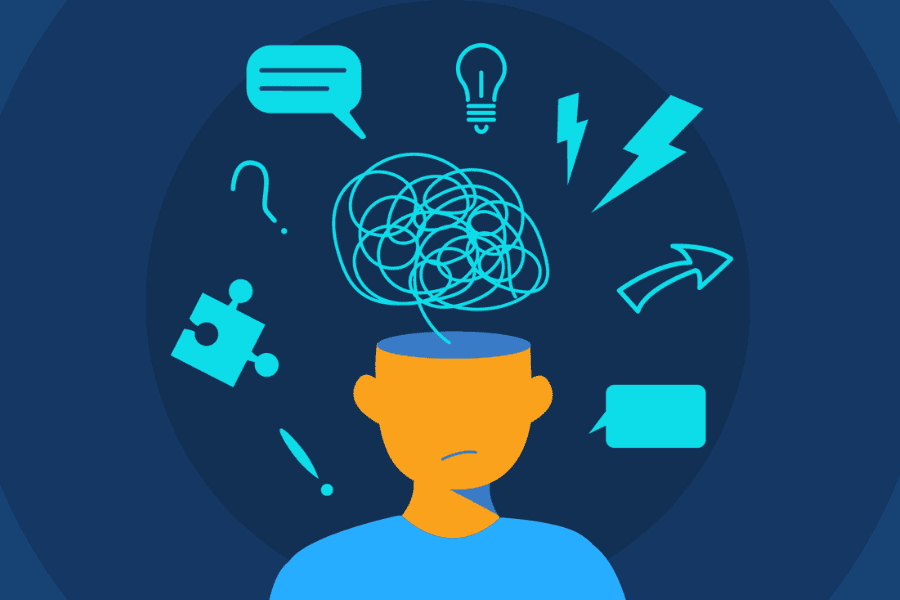ADHD or Attention Deficit Hyperactivity Disorder presents unique challenges in various aspects of life, from academics to relationships and career pursuits. However, cultivating resilience is a powerful strategy for individuals with ADHD to bounce back from setbacks and navigate the often turbulent waters of daily life. Resilience involves the ability to adapt in the face of adversity, learn from challenges and emerge stronger. One key element in building ADHD resilience is self-awareness. Understanding one’s strengths and weaknesses allows individuals to leverage their talents while addressing areas that may pose challenges. This self-awareness fosters a proactive approach, enabling the development of coping mechanisms tailored to personal needs. Embracing a growth mindset is another essential component of ADHD resilience. Individuals with ADHD often face setbacks that can lead to frustration and self-doubt. However, viewing challenges as opportunities for growth rather than insurmountable obstacles can shift the narrative. This mindset encourages a willingness to learn from mistakes, experiment with different strategies and persist in the face of adversity. A growth mindset not only enhances problem-solving skills but also cultivates a sense of optimism and confidence.

Establishing routines and structures is pivotal for those with ADHD. Consistency and predictability can provide a stabilizing framework that minimizes the impact of impulsivity and distractibility. Developing a daily schedule that includes designated times for work, breaks and self-care activities helps create a sense of order. Additionally, breaking down larger tasks into smaller, more manageable steps can prevent overwhelm and enhance focus. Building a supportive network is a crucial aspect of ADHD resilience. Connecting with understanding friends, family members or support groups creates a safety net during challenging times. Seeking professional guidance, such as counseling or coaching, can offer valuable insights and strategies tailored to individual needs. Education about ADHD, both for individuals and their support networks, fosters empathy and effective communication, reducing the stigma often associated with the disorder.
Mindfulness and stress management techniques play a significant role in ADHD resilience. Practices such as meditation, deep breathing exercises and yoga can help individuals regulate their emotions, improve concentration and enhance self-control. These techniques provide tools for navigating the intense emotions that setbacks may evoke, promoting a calm and centered approach to problem-solving. In conclusion, natural remedies for adhd resilience is a dynamic and empowering process that involves self-awareness, a growth mindset, structured routines, a supportive network and mindfulness practices. By incorporating these strategies into daily life, individuals with ADHD can develop the strength and adaptability needed to bounce back from setbacks, ultimately fostering a more fulfilling and successful life journey.
